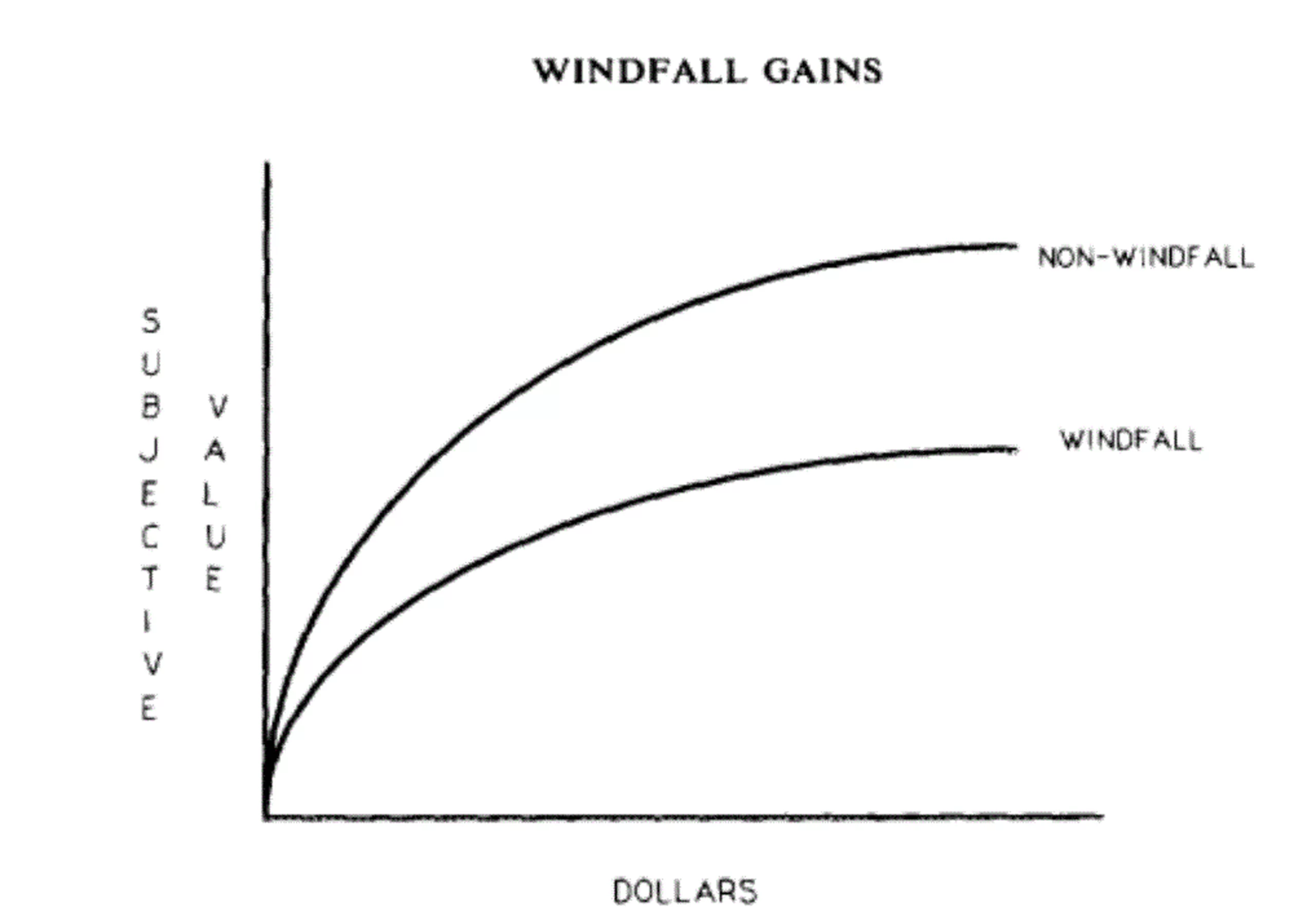Author: Clinton Waters
Why should I speak to Axton?
Why should you be using a professional mortgage broker? This is probably a question you’ve asked yourself if you’re in the market for a home loan.
The simple answer is, it is going to make your life easier – much easier!
If you’re looking at all the necessary steps to finalise your property purchase or your refinance, it is most likely that you will need some help along the way. The mortgage broking channel issues nowadays over 50% of home loans in Australia and the growing number of people using a broker each year shows well the success of our industry.
At AXTON Finance, we are mortgage and credit experts; we can give you professional advice to match your needs with a suitable lending solution. Given that your home loan is probably the biggest expense you will ever have, it will definitely pay to get professional assistance and advice.
Here are the top 6 reasons why to use AXTON Finance as your mortgage brokers
- Industry recognised qualifications,
- Experienced loan specialists
- Clear, concise and professional service
- We listen and provide options
- Sophisticated software and strong support through the whole process
- The banks remunerate us; it doesn’t cost you anything extra to use our services
What are mortgage comparison sites really comparing
It goes without saying that it pays to shop around. With the rise of comparison websites for home loans, insurance, credit cards, real estate agents (the list goes on and on) there now seems to be unlimited information at your finger tips. Scouring the internet for comparisons and information is essential… as a first step. This however, should never take the place of tailored professional advice – particularly when it comes to the intricacies of securing one of your biggest financial decisions of your life – your mortgage!
The fine print and detail make all the difference when it comes to determining whether something that sounds like a great deal actually is. Let’s be real – we don’t all possess the ability to make that assessment and we have all heard the old adage, “If it’s sounds too good to be true…’ You get the drift.
Do your research and be armed with information, but get a real person to give you the final low down. When it comes to lending, mortgage brokers are very well placed to do so having the experience and understanding of a wide range of products, policies and options across many lenders – not just a few. They know what to look for and can truly compare ‘apples with apples’ – especially given lending rules have tightened up so much recently.
But be warned, cheap rates come at a cost of hidden hurdles and headaches in securing approval, so DIY with caution
One of the biggest misnomers are comparison websites that claim to have all your options and answers in one place, when in fact they don’t. That aside, they are usually sales channels where institutions pay for inclusion on the site and they get a commission for your business, proffered by often less experienced call centre staff (and you guessed it, the ones paying the highest commissions take centre stage). You can expect there to be plenty of cheaper, and better deals on the market – and to tell you the truth, it sometimes is not through a broker. But be warned, cheap rates come at a cost of hidden hurdles and headaches in securing approval, so DIY with caution.
Any individual institution also won’t have all the options or packages that are right for you. They also won’t be all over the details of their competitors products in the same way a broker will. What you see advertised is not always the be all and end all.
If you are keen to find out how you can save money, shorten the life of your loan or get a better interest rate, call us for a mortgage health check today on 1300 706 540 – you could save thousands Click here for your obligation free review.
What you need to know when buying & selling
Proudly supporting the Young Pink Sisters charity
Axton Finance wins at Connective’s Level Up Conference
We are very proud to announce that Axton Finance won Connective’s Brokerage of the Year <5 Staff VIC. Thank you to our great team and clients who supported us over the past 12 months. Contact us here or ring on 03 9939 7576 for all your mortgage and finance requirements.
Receiving a windfall
Guest blog content written by Corey Wastle – Licensed Financial Adviser @ Verse Wealth
Most people will at some stage in life receive an unexpected amount of money.
It might be a gift, work bonus, lottery win or more commonly an inheritance.
These ‘windfalls’ are often used to pay down the mortgage and relieve financial stress. They also often will allow people to take on the projects they’ve always put off until ‘I have the money’.
It’s a time of great opportunity however it can also be a time for careless expenses and poor decision-making. In fact, a large number of studies like this one show that windfall gains are spent far more readily than when effort is exerted to earn the money. These studies illustrate that when it comes to our perception of the value of the dollar, not all money is equal.
Windfall payments are often coupled with a spike in living costs. One-off expenses like new cars and international holidays, increase significantly. This happens because an unexpected lump-sum can be hard to contextualise against the money that we’ve always had to work so hard for. A large payment with no context is a very dangerous combination and it’s common to make some of our biggest financial mistakes during this time.
Fortunately, there are steps you can take to reduce the likelihood of making a serious (or series) of financial blunders after receiving a windfall. Here’s a few of our suggestions:
Find your baseline: Have a sound understanding of your weekly or monthly expenses and keep them unchanged until you’re ready to do something with the windfall. A quick or even steady rise in your expenses will see that precious money diminish faster than you thought possible. If you don’t already know your expenses, complete a budget planner to learn what they are.
Need vs Want: One of the most important questions to ask when making any big purchase is, ‘Do I need this, or do I want this?’ Regardless of your situation, ‘needs’ always come before ‘wants’. If you identify that you might not need the item, take the time to think about any things which you do need before spending your money on the wants.
Get ahead: Let’s cut to the chase – it’s not easy to get ahead when you’ve got a mortgage, kids, bills and little time. If you’ve been fortunate enough to receive a windfall, make sure that all or part of this money is used to move you closer to financial freedom. This will generally mean that you’re paying down debt or purchasing quality long-term investments, or even both. Don’t squander a rare opportunity. They’re rare for a reason.
Consider alternatives: If you’re thinking about making a big purchase with this money, ask yourself what else you could spend the same amount of money on. The new car or renovation to an already nice home might seem like a good idea at first thought but hindsight may leave you questioning this later on. Would you or your family be happier doing something else with this money? It can help to chat to a friend or family member – simply talking through your options can go a long way to clarifying what is truly important to you.
Corey Wastle – Licensed Financial Adviser
Please Note: At AXTON Finance we work with a number of professionals and professional firms (we call them ‘Advice Partners’) to help ensure that anyone in the AXTON community gets all the advice they require to get financially organised, on track and achieving the things that really matter. We have invested countless hours to find the best in accounting, financial planning, estate planning, family law, commercial law and buyers advocates based on their expertise and commitment to the highest level of client care.
We do not take referral fees or receive commissions from of our Advice Partners.
Four smart questions to ask yourself when fixing your home or investment loan
1. Should I fix my home loan?
With interest rates at historical lows currently (at time of publishing there is a 3.99%pa (3) Three year fixed home loan rate now available from a major lender!!) many clients often ask me whether they should fix their home loan mortgage when buying or refinancing their properties. My response is always the same – fixing your mortgage is guaranteed peace of mind but not a guaranteed money saving exercise.
If you were taking on a rather significant amount mortgage that you were not absolutely comfortable with if your circumstances were to change then it may be worthwhile to fix a component of your debt. Doing so will provide you with certainty that no matter what happens to rates.
For almost every lender, bar one or two, you cannot generally pay more than the set repayments of a fixed rate mortgage – if you did you are usually limited to only about $10,000 per annum or less sometimes. Offset accounts are usually not allowed or calculated on a small percentage partial amount but you can choose at no extra cost to have principal and interest or interest only loans.
fixing your mortgage is guaranteed peace of mind but not a guaranteed money saving exercise.
2. How long should I fix for?
Well this is usually a simple matter of personal preference but from years of experience most clients generally fix for between two and three years – not only is this usually where the best fixed rates exist but it also provides a medium term structure of certainty for most clients.
3. Will I pay more if I fix?
Again this is usually a function of what term you decide to fix for – generally speaking the longer the fixed term the more expensive the rate becomes . This is because banks and lenders price their fixed rate mortgages on the basis of future expectations. At the time of writing this piece (April 2015) home loan rates have been at historical lows.
4. How much should I choose to fix?
Almost all lenders will enable you to fix a portion of your home loan based on almost any percentage you wish. A good yard stick is 50/50, 60/40, 70/30 fixed and variable respectively. Another good question to ask your self how much do you think you could pay off the variable loan during the initial fixed term – are there any windfalls or lump sums that you may be expecting?
If its all too hard to make a decision now or you think that rates are likely to drop further then you can also usually settle your loan as being variable and choose to fix at a latter stage. Depending on the lender there may be a small maintenance fee to do this depending on the product and package you are on.
Of course should you have any questions please feel free to myself Clint Waters at AXTON Finance Hawthorn East on 1300 706 540 or [email protected]
Reduce your mortgage insurance premium
There is no denying it – mortgage insurance or lenders mortgage insurance (LMI) kind of sucks.
This short article is about ways in which you can avoid mortgage insurance or at very least significantly reduce costs but first a few basic facts:
– It protects the bank not you
– It is a once off premium
– You have to pay it if your loan amount is greater than 80% of the property’s value
– The premium can often be added to the loan meaning you do not need to increase your cash deposit
– Getting a refund if your refinance these days is all but unheard of
– It can be expensive but you knew that right!
In the long term its often not as expensive as you may first think – especially if you have a strategy of paying off the loan sooner than the approved loan term (which everyone should try and aim for!). Paying one or two percent extra to buy a property sooner with a smaller deposit can often be recouped by paying today’s prices rather than delaying your purchase by a year or more and paying tomorrows prices which could be much more than the cost of the initial premium.
So how do you avoid or at least minimise paying lenders mortgage insurance?
Option One – Reduce your loan to valuation ratio
For almost all circumstances mortgage insurance kicks in once you borrow in excess of 80% of the value of your property. By increasing your deposit or reducing your purchase price you may be able to minimise the cost of the premium. A sure fire way to save money is to keep your lending under 90% of the value of the property – the moment you go above this threshold the cost of the mortgage insurance sky rockets (it can almost double in many instances). Call us to get a quote or tailored explanation of how it might apply based on your scenario.
Option Two – Use A Family Pledge
Your can eliminate the mortgage insurance cost entirely with the help from a family member who already owns property. This increasingly popular facility that we use is known as limited equity guarantee or a family pledge structure. Check out a detailed explanation of how this simple structure works here on our blog.
Option Three – Do you work in one of these industries?
Some of the banks offer packages that enable certain borrowers to lend up to 90% without paying any mortgage insurance. This is generally available for professionals in speciality industries such as lawyers, doctors, physios, dentists, sports stars and entertainers.
I hope this helps explain how mortgage insurance works in a little more detail. Please contact us here for an obligation free chat or ring 1300 706 540 to discuss your individual mortgage needs.
Get your home sooner when a family member guarantees part of your home loan.
Do your parents want to help you buy a home or invest in property?
Many lenders these days offer limited equity guarantee or family pledge loan structures to help you purchase a home without the absolute necessity of a cash deposit. Furthermore a family pledge structure will usually eliminate the need to pay expensive once off lenders mortgage insurance (LMI) costs.
How family pledge works?
Your family members (usually parents) can use their own home’s equity to provide additional security for a portion of your loan amount. This solution reduces your loan to value ratio and can also save you a significant amount of money by reducing or even avoiding the need to pay Lender’s Mortgage Insurance. So you get into your home faster, with help from your family.
With most lenders the guarantee can be limited to a specific amount (so not guaranteeing your full loan) which helps provide certainty and allows the property to be released much earlier than guarantees which cover 100% of the loan amount.
Benefits
- By increasing your security through a guarantee from your family, you may be able to reduce or avoid paying Lender’s Mortgage Insurance. Lender’s Mortgage Insurance is generally payable on loans that exceed 80% of the value of the property.
- A Family Pledge can help you maximise the amount you can borrow so you can purchase the property you want. A guarantor can request to limit the guarantee to a specific amount
- Both the borrower or guarantor can ask us to release the guarantee at any time once standard Loan to Value ratio (LVR) requirements are achieved (usually 80%)
- Interest rates and packages are the same for almost all Family Pledge loans. Standard guarantee and legal fees from most banks will normally apply.
- The guarantor can be a new or existing customer of the bank we recommend. The guarantor can even retain their home loan with their current Home Loan provider providing sufficient equity exists.
Take this example
Say you were planning to purchase a $500,000 property with a $25,000 deposit (ignoring closing costs for simplicity you would have a Loan to Valuation LVR of 95%), this would mean Lenders Mortgage Insurance (LMI) would most certainly be payable.
If your parents had a residential property and agreed to provide a family pledge guarantee of $75,000 as an additional security, your LVR would be reduced to 80% (this guarantee is not a cash loan but the lender does register their interest by way of a mortgage for the guarantee amount only against the guarantors property).
This would result in the LMI premium requirement being waived, up to a $17,760 saving for you (eg. 3.4% of the required 95% loan amount plus Victorian stamp duty of 10% using indicative QBE LMI rates as of Jan 2015)!
While this example uses a deposit some lenders do not require this and can approve a loan to valuation ratio up to 100% PLUS costs (stamp duty etc). This may result in an approval of up to 106% if required – we of course recommend a deposit is always preferable though.
Are you eligible for Family Pledge guarantee?
- You can use a Family Pledge to buy a home or invest in residential property, and you don’t have to be a first home buyer to be eligible!
- Family members who can provide the Family Pledge guarantee include parents, grandparents, siblings, sons and daughters.
- Family Pledge is generally not available for existing loans or refinances. Increases to loans with Family Pledge are allowed but the Family Pledge amount may not be increased usually.
- Individual applicants are restricted to a maximum of one parental guarantee/family pledge borrowing.
- As a rule of thumb no single guarantee is to represent more than 50% of the guarantor’s security. Some banks do not allow guarantees to be against a parents owner occupied home but only investments while other do not.
- Guarantors are usually required to secure independent financial and legal advice as a condition of loan approval.
- Family pledge loans can guarantee security only and NOT income (you must be able to earn sufficient income to service the entire loan based on your own resources).
Call us today to discuss your situation on 1300 706 540 or email.







